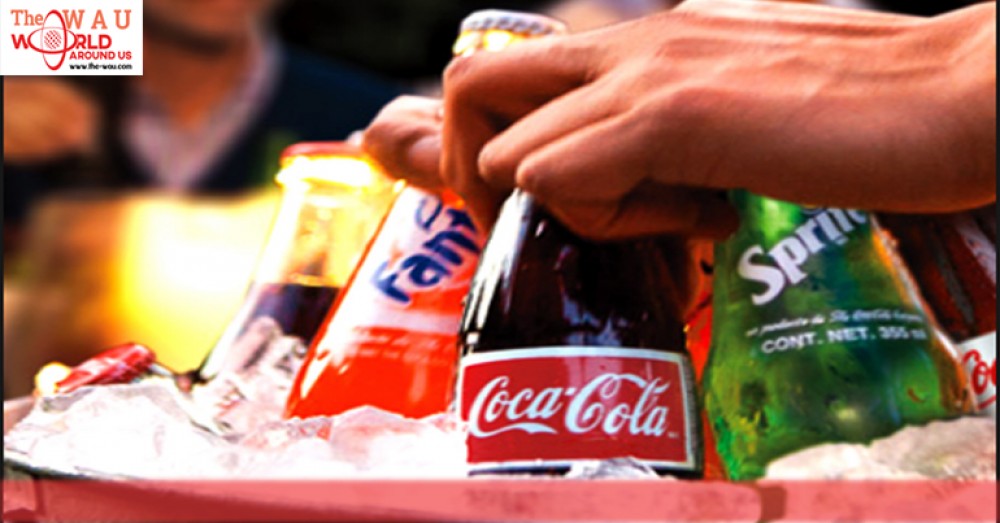Medical experts on Friday advised citizens not to consume soft drinks at iftar time because after sixteen hours of fasting, they start to retard kidney fuction.
Talking to private news channel medical experts, however, they advised people to use home-made juices instead of soft drinks during iftar as it is easily absorbed during digestion.
"Home-made drinks like lemonade, milk soda and others are more efficient in combating thirst as compared to soft drinks," they said, adding: Use of fizzy drinks lead to several diseases including, diarrhoea, gastroenteritis, dehydration, renal problems and even cancer.
People should drink cold water rather than soft drinks as water get easily consumed by a stomach rather than a soft drink, Dr said.
A medical expert Dr Javed Ikram said Kidney transplant patients are also advised to refrain from fasting due to their need to comply with their prescribed medication dosages and times.
Kidney transplant patients should consult their physician before they decide to fast.
Patients with kidney disease must consult their dietitian in order to ensure adequate protection against potential complications while fasting. Kidney disease patients tend to overlook the importance of maintaining a healthy and balanced diet while fasting, he added.
Dr Sana Basit another expert said Kidney disease patients should not skip Suhoor (pre-dawn meal) to avoid body weakness, bearing in mind that they need more calories than individuals in good health. Kidney disease patients should be on guard not to ingest high quantities of sodium, potassium and phosphorus, especially during Ramdan.
Share This Post















